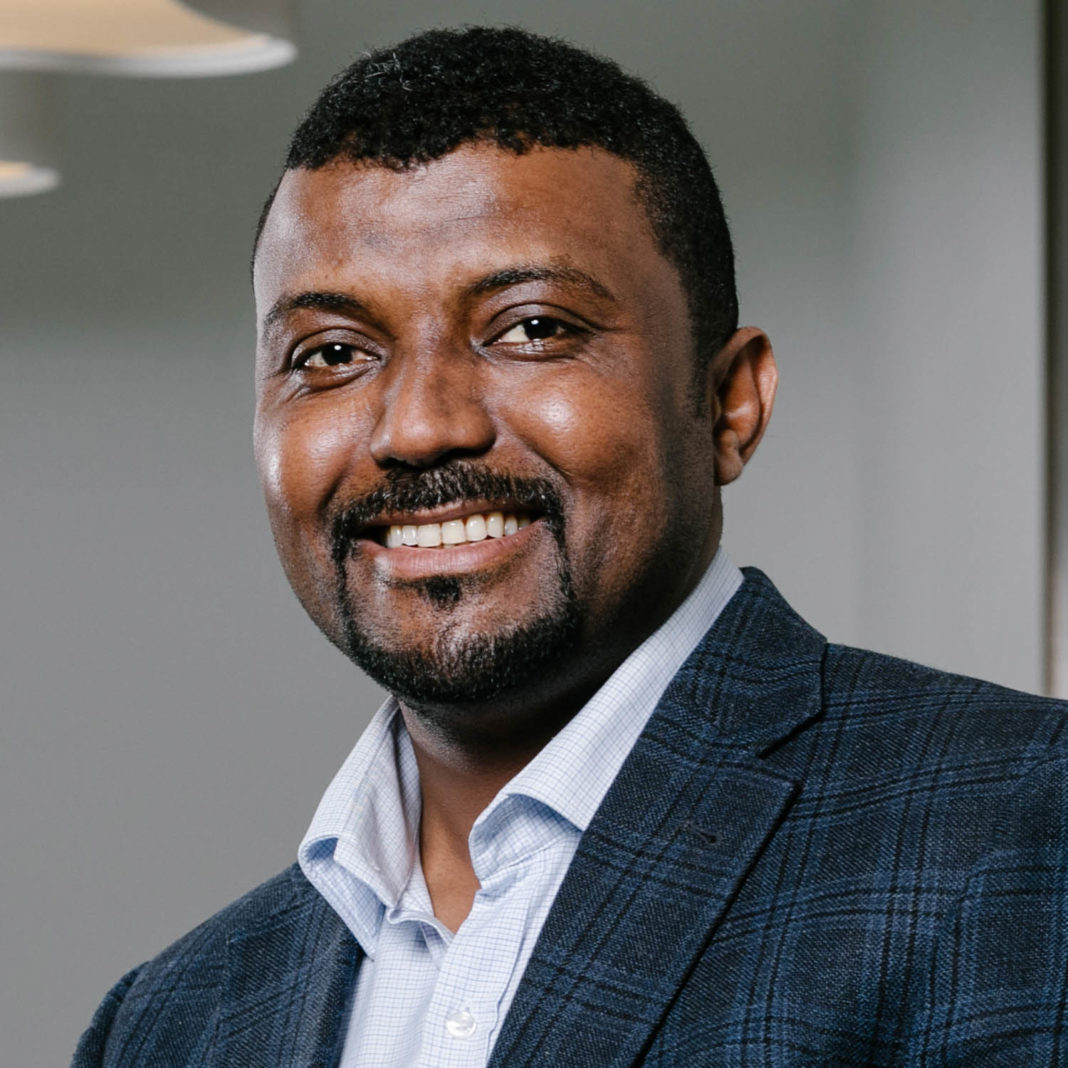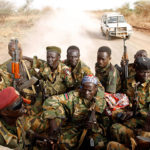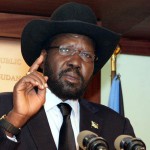By Ezzaddean El Safi
I was born in Nyala, the capital of Southern Darfur state in Sudan. I still remember how divided our community was, with Arab and African tribes clashing over the two most important resources for animal breeders and subsistence farmers: access to water and land.
In 2003, that conflict erupted into violence, as Sudanese government forces, government-backed militias, and Darfuri rebel groups clashed. Since then, hundreds of villages have been destroyed and the land taken over by government-allied tribes, leaving Darfurians without the food and water they need to survive.
In recent weeks, Sudan has been in the news again. A popular protest movement has forced out President Omar al-Bashir, and the military has taken control. The protestors have not left the streets and are demanding the dismantling of the single-party state, the regime’s armed bodies and opening up the economy to Sudanese from outside the ruling circle.
But it remains unclear how much of a say, if any, civilians will have in what comes next. The decision by the African Union to extend the deadline for the handover of power from the military council and the growing influence of Saudi Arabia, the United Arab Emirates, and Egypt are all real causes for concern.
In this time of uncertainty, it is imperative that people not rush to forget the tragedy and pain of the past. With massive economic and political challenges, there is understandable pressure to sweep the past under the carpet and move on. But the answer to the question of what kind of country post-Bashir Sudan will become depends on how it deals with its past.
I understand the desire to forgot and move on. During my ten years working in Darfur, I saw horrible things, including the killing of 55 young men from my clan who all died in one day of the tribal conflict in August 2013, only two years before I joined the Open Society Foundations in Tunis.
I do not like to remember those events, but they have shaped me, and have shaped the Sudanese. When I saw what was happening, I was compelled to action and began working in emergency response, conflict prevention and peace building interventions led by UN entities and international organizations. I witnessed how the National Intelligence and Security Service got their orders directly from President Omar al-Bashir, assassinated, tortured and detained people without charge for years. These tragedies have influenced the lives of many Sudanese, whether through the loss of loved ones or leaving the country in search of a more peaceful, and stable, life.
Violence was not Bashir’s only legacy. Bashir and his family were the spearhead of political and institutional corruption. They had a complete monopoly on essential commodities such as wheat flour, cooking gas, and oil in Sudan. A Wikileaks cable from 2009 speculated that Bashir had stashed $9 billion in foreign bank accounts. He accumulated all this wealth at a time when 76 percent of Sudanese people lived under the poverty line according to a World Bank 2016 report.
Over the past three decades, the ruling party abused its power to fuel wars; to commit genocide, war crimes, and crimes against humanity; and to divide Sudan’s citizens by region, religion, and ethnicity.
This heavy inheritance of disorder requires a clear vision to move toward that is inclusive and based on its multicultural, multiethnic, multireligious and multilingual approaches. We need to enforce transitional justice and open up legal investigations into all crimes committed against civilians, and fair trials for the perpetrators to ensure that there is no impunity. In parallel, we need to rebuild political and economic institutions to ensure an equitable share of power and a fair distribution of wealth. Doing this is the best way to remember the injustices of the past and break with Bashir’s legacy.
People in the Sudanese diaspora, like myself, have a role to play. With at least 5 million Sudanese living abroad, we are not only an important source of financial support, but of knowledge.
I and others recently created an association for international professionals to develop local governance and development strategies. We plan to conduct a comprehensive assessment to map out the local needs and priorities, and share the final report. Different groups have taken on other pressing tasks. Another group of international advocates volunteered to report on all money and assets stolen by the former regime worldwide. For us, it is a way of remembering where we are from and the circumstances that forced us to leave.
When I think back on my childhood, I long for a Sudan that has moved beyond the tribal divisions that defined it. A representative government that addresses injustice is the best way to achieve that. If we can do that, Sudan can become truly post-Bashir. If not, he will still be with us for years to come.
The writer is a program manager for the Open Society Middle East and North Africa Program.







